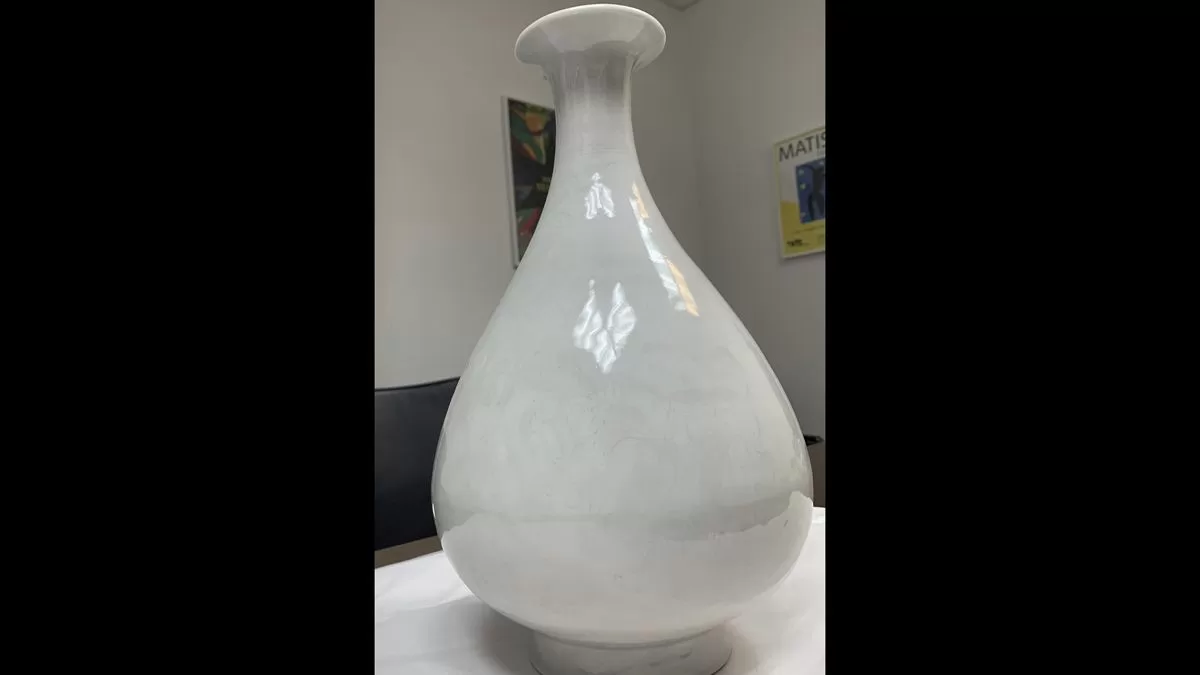Essen/Munich.
Prof. Martin Stratmann, President of the Max Planck Society, explains why the new research alliance is a sign of departure for the mining area.
With a massive investment of 75 million euros, the state government wants to raise research in the Ruhr area to the highest international level. After the start-up phase, the new research network is to be permanently funded by the state from 2025 with a further 48 million euros – per year. Professor Martin Stratmann As a member of the Ruhr Conference initiated by the state in 2018, he developed the impetus for the strong research alliance (“Research Alliance”) of the three Ruhr area universities Bochum, Dortmund and Duisburg-Essen.
Born in Essen, he is President of the renowned Max Planck Society and one of the most influential figures in German science. What does this investment mean for the region? Christopher Onkelbach spoke to Prof. Stratmann about the future of the Ruhr area.
Prof. Stratmann, for what purposes is the funding used?
Martin Stratmann: Under the umbrella of the “Research Alliance Ruhr”, four science-oriented research centers are being set up between Duisburg and Dortmund on the central future topics of health, chemistry and sustainability, data security, energy and materials research, as well as a humanities college. The founding professors have been named and many positions have been advertised. All five institutions have started their work. A total of around 50 new professorships and numerous positions for mid-level research will be created.
What was the idea behind the “Research Alliance Ruhr”?
The starting point was the founding of the Max Planck Institute for Security and Privacy in Bochum. In the region there are also two Max Planck Institutes in Mülheim, one in Dortmund and the MPI for Iron Research in Düsseldorf, where I work as a director. So we have five cutting-edge research institutes in the region. These institutes are dependent on universities in the region also conducting world-class research.
And the universities in the Ruhr area offer the right environment for this?
I held talks with the state government about this and made it clear that I see great potential in the Ruhr area. But I also expressed concern that world-class research could not be established at every location at three neighboring universities in a region that does not have unlimited financial resources.
The consequence of this was closer cooperation?
I suggested strengthening the network of universities, which has been established as a university alliance since 2007, and founding joint centers of excellence. The Ruhr Conference offered the unique opportunity to give the universities in the Ruhr area a special structure that enables them to achieve world class together. I also brought up the example of the University of California.
What can the Ruhr area offer as a research location?
The Ruhr area has something that no other region in Germany has. There are free spaces, sometimes even in the cities. You wouldn’t get a square meter in Berlin or Munich. Here, however, one can seize the opportunity to concentrate urban centers, life, housing, culture and research. So it was a combined proposal: on the one hand to set up research centers and to connect these centers as far as possible with a modern transport system. And on the other hand, to use this opportunity for consistent urban development. This is the blueprint for the Ruhrgebiet 2.0, if you will. That convinced the state government.
How can the region benefit from this?
Based on all the experience I have gathered, economic development in a region like the Ruhr area is only possible if you build on science. You see that everywhere in the world. New companies always spring up in the vicinity of research centers.
Are the investments sufficient to make the area more visible worldwide?
The research centers take up topics that are important for the future of society, they work on an interdisciplinary basis. The Research Center for Data Security, for example, is more than just computer science. There are concrete challenges in the field of artificial intelligence. How can people be empowered to understand, use and trust intelligent systems? For this we need IT specialists, but also psychologists, sociologists, philosophers and so on. These can no longer be separated.
What do the people in the Ruhr area get from the research centers?
A future! The Revier is a very dynamic region with many young people who want a good education. The Ruhr area can now seize the opportunity to play at the forefront and become a magnet for qualified workers. The area must become a trump card for North Rhine-Westphalia and not remain a burden! Look at Biontech, the Mainz-based biotechnology company accounted for a fifth of German economic growth in 2021.
Does the Ruhr area still see itself too much as a former mining region?
The question now is: Does the region want to look further into the past, or does it want to head into the future? You have to make it clear to the people in the Ruhr area what opportunities open up through cutting-edge research, not just economically and scientifically. Basically, the Research Alliance is not a research concept, but a political concept. It is a huge opportunity for the Ruhr area.
>>>> About the person:
Martin Stratmann (68) is since 2014 President of the Max Planck Society based in Munich. Born in Essen, he studied chemistry at the Ruhr University in Bochum. The electrochemist and materials scientist is Director at the Max Planck Institute for Iron Research in Düsseldorf.
His first award for the best dissertation of his class in chemistry at the Ruhr-Uni Bochum in 1979, numerous other honors followed in the course of his scientific career.
More articles from this category can be found here: State politics

